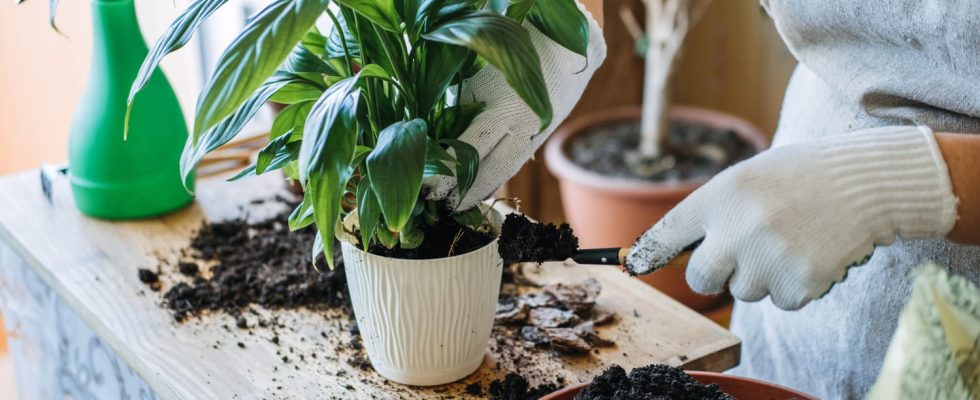Better than fertilizer, this waste provides the necessary nutrients to your flowers and plants and promotes their growth.
Although each plant and flower has its own preferences, the general rule is to fertilize in spring and/or summer when plants are actively growing. So now is the time to make your own fertilizer. Rather than buying fertilizer in stores, a product whose cost has exploded in recent months, a homemade solution is easy to make and will cost you nothing. Banana peels, often considered food waste, are actually a hidden treasure for gardeners. You still need to know how to use them well…
Rich in essential nutrients such as potassium, magnesium and calcium, these skins can be made into an economical, natural fertilizer to feed your indoor and outdoor plants, as well as flowers. Potassium is vital for your plants promotes flowering, strengthens roots and helps plants resist environmental stress such as drought and extreme temperatures. Here’s why you should stop throwing them away and start using them in your garden.
Banana peels can be used in many different ways to feed your plants. You can simply bury the skins directly in the soil near the roots of your plants, add them to your compost pile to enrich your compost with additional nutrients, or infuse them in water to create a liquid fertilizer to spray on your plants or in the watering water.
The first way to create the fertilizer is to simply add the peels cut into small pieces into a pot, then fill the pot with water. Let the mixture steep overnight or longer, then pour the water over the plant and transfer the peels to your compost. You can also put the peels in a blender with water and pour this mixture onto the soil around your plants.
Unlike some chemical fertilizers that can burn plant roots due to their rapid release of nutrients, banana peels act as a slow-release fertilizer. The organic compounds in the skins gradually break down over time, providing a constant supply of nutrients for plants without the risk of overfeeding.
